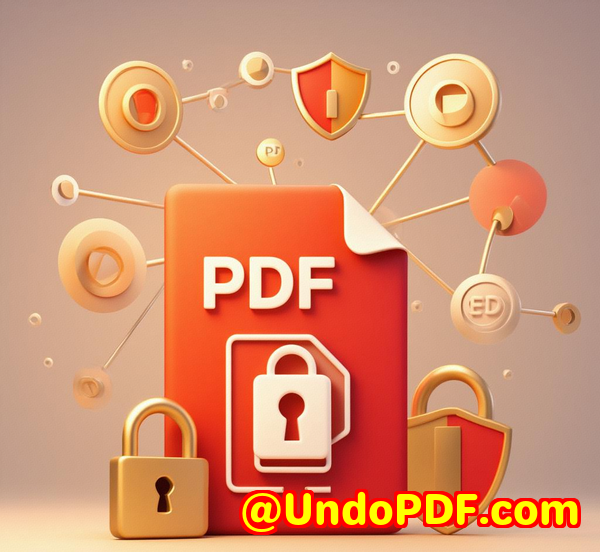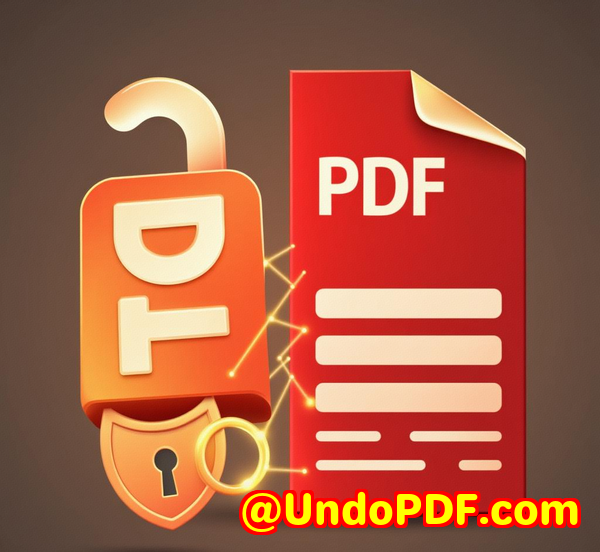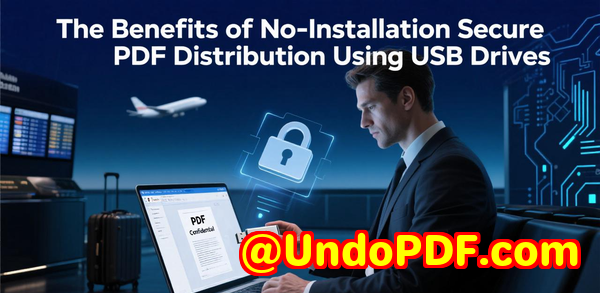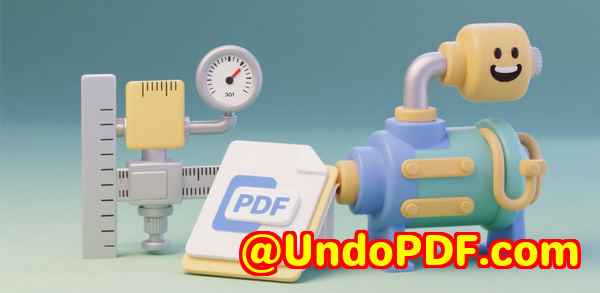The Best PDF Watermarking Software for Law Firms, Accountants, and Consultants in 2025
The Best PDF Watermarking Software for Law Firms, Accountants, and Consultants in 2026
Discover why VeryPDF DRM Protector is the go-to dynamic watermarking solution for law firms, accountants, and consultants protecting sensitive documents in 2026.
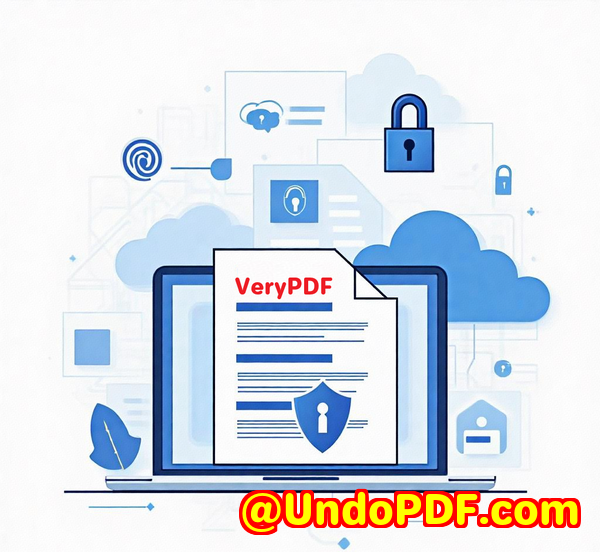
Every professional I know who handles confidential files has the same nightmaresomeone forwarding a sensitive document to the wrong person.
It happens all the time.
A law firm sends a draft contract to a client, and suddenly it’s circulating among competitors.
An accounting team shares a financial report, and before you know it, the numbers are on someone’s desk who shouldn’t have them.
It’s not about carelessnessit’s about control.
That’s the problem I kept running into too.
I wanted to share documents confidently, knowing that even if they got forwarded, I’d still know who viewed them, when, and from where.
That’s when I discovered VeryPDF DRM Protector, a powerhouse tool for dynamic watermarking and document control.
The Pain: When Confidential Files Go Public
Let’s be honest.
Every law firm, accounting agency, and consulting group deals with sensitive documents dailycontracts, client reports, deal memos, strategy decks.
You can password-protect them, sure.
But once they’re out there, you lose control.
-
You can’t track who’s reading what.
-
You can’t stop people from forwarding files.
-
You can’t update files once sent.
Traditional PDF watermarking tools help a little, but static watermarks are easy to crop, remove, or ignore.
They don’t really deter leaks.
So, what’s the alternative?
Dynamic watermarkingthe kind that personalises every file with live viewer data.
The Solution: VeryPDF DRM Protector and Dynamic Watermarking
When I first tried VeryPDF DRM Protector, I didn’t expect it to completely change the way I shared files.
This isn’t your typical watermarking tool.
It’s a document control platform that adds real-time identity tracking, watermarking, and analyticsall without killing the user experience.
Here’s what stood out for me:
-
Dynamic watermarks that embed live user data (email, IP, date, and time) directly onto documents.
-
Total control over the watermark’s position, colour, opacity, and rotation.
-
Batch watermarking for multiple filesideal when you’ve got hundreds of client PDFs to secure.
-
Secure sharing links instead of risky attachments.
-
Version updates and document tracking that keep everything under one link, even after you’ve sent it.
That combination makes it perfect for professionals who deal with sensitive client information every day.
How Dynamic Watermarking Works in Real Life
Let’s take a real scenario.
A law firm is negotiating a merger and needs to share due diligence files with multiple parties.
Instead of sending static PDFs, they upload them to VeryPDF DRM Protector.
Each viewer who opens the file sees their own name, company, and timestamp embedded across the document.
If someone screenshots or leaks the file, it’s instantly traceable.
No guessing. No denials.
That’s the power of dynamic watermarkingit shifts accountability directly onto the viewer.
And it’s not just for legal teams.
I’ve seen accountants use it for financial statements, consultants for strategy presentations, and even freelancers for proposal protection.
Why Law Firms Love It
Law firms handle some of the most confidential materials out thereclient agreements, M&A documents, and case files.
With VeryPDF DRM Protector, they can:
-
Apply watermarks automatically with client-specific details.
-
Set expiration dates so access disappears after deadlines.
-
Restrict downloads while still allowing secure online viewing.
-
Track every view and see exactly who opened each file.
This means no more accidental forwards, no more “I didn’t get that version” excuses, and no more risk of untraceable leaks.
I remember helping a small legal team roll it outthey said it cut down their document confusion by half in the first week.
Why Accountants and Consultants Depend on It
For accountants and consultants, time is moneyand client trust is everything.
Before using VeryPDF DRM Protector, I’d waste hours managing multiple versions of spreadsheets and reports.
Now, everything happens from one secure link.
Here’s what makes it a game changer:
-
Batch protection for multiple reports or statements.
-
Automatic version syncing, so clients always see the latest file.
-
Real-time analytics showing which pages get the most attention (great for spotting what clients really care about).
-
Secure eSignatures built right into the systemno separate tools needed.
When a client opens a shared financial report, I get an instant notification.
If they forward it, I can see who else views it.
That’s visibility that no email attachment can match.
Secure Sharing That Actually Works
Let’s talk about what really makes or breaks a document control systemthe sharing experience.
With VeryPDF DRM Protector, you don’t send files anymore.
You send links.
Each link is protected with access rules you definepasswords, email verification, expiry dates, and permission levels.
And if you ever need to update the content, you just upload a new version.
All existing links automatically reflect the update.
That’s pure efficiency.
No re-sending. No confusion. No “which version is final?” drama.
Built-In Analytics and Deal Tracking
This part blew my mind.
VeryPDF DRM Protector doesn’t just protect filesit gives you intelligence.
Whenever someone opens your document, you get insights like:
-
Who viewed it
-
How long they spent on each page
-
Whether they downloaded or shared it
-
Which sections caught their attention
It’s not about spyingit’s about understanding engagement.
For example, I used this feature to prioritise follow-ups with clients who actually opened my proposals.
That alone boosted my close rate significantly.
One Tool, Endless Use Cases
Let’s break down a few real-world applications:
-
Legal teams: Watermark contracts, NDAs, and case files with dynamic viewer info.
-
Accounting firms: Share audit reports, tax files, and balance sheets with traceable access.
-
Consultants: Protect presentations, strategy documents, and deliverables from leaks.
-
Finance departments: Use virtual data rooms for due diligence and investor updates.
-
Startups: Manage investor decks and confidential product roadmaps.
Whether it’s a five-person team or a global consultancy, this tool scales beautifully.
Core Advantages of VeryPDF DRM Protector
If I had to sum up what makes it superior, it’s these five points:
-
Dynamic Watermarking: Real-time viewer info stamped onto every document.
-
Granular Access Control: Define exactly who can view, download, or sign.
-
Real-Time Updates: Edit or replace files post-sendno new links needed.
-
Smart Analytics: Track engagement and uncover hidden stakeholders.
-
eSignature Integration: Streamline NDA and contract signing in one place.
No other tool I’ve tested combines this much functionality while staying simple to use.
My Experience Using VeryPDF DRM Protector
When I first tried it, I was sceptical.
I’d used plenty of DRM and watermarking tools beforemost were clunky, slow, or overcomplicated.
But this was different.
I uploaded a PDF report, added a dynamic watermark with client name and date, and shared it through a secure link.
In minutes, I had visibility over who viewed it, from which IP, and for how long.
A week later, the client forwarded the link to someone else (accidentally).
I immediately saw the new viewer’s activity and shut off access with one click.
That’s when I realisedthis isn’t just security software.
It’s control software.
Conclusion: The Smart Way to Protect and Share in 2026
If you handle sensitive information, you can’t afford to rely on static PDFs or basic password protection anymore.
VeryPDF DRM Protector gives you the power to watermark, track, and manage every document from one place.
For me, it’s the peace of mind that counts.
No more second-guessing who’s seen my files.
No more version chaos.
Just secure, dynamic, trackable document sharing.
I’d highly recommend this to anyone in law, accounting, or consulting who needs airtight document control.
Start protecting your files today: https://drm.verypdf.com/.
Custom Development Services by VeryPDF
VeryPDF offers tailor-made development services for businesses needing unique PDF and document workflow solutions.
From Windows and Linux to macOS and mobile platforms, their team can build anything from PDF converters to print monitoring tools.
Their expertise includes programming languages like Python, C#, C++, JavaScript, and .NET.
They specialise in virtual printer drivers, PDF generation, OCR, and document automation.
They can even create system-level hooks to monitor and capture print or file access activityideal for enterprise-level document management.
VeryPDF also builds cloud-based platforms for file viewing, conversion, DRM, and digital signatures.
If you need a custom-built solution or integration, reach out to them at https://support.verypdf.com/.
FAQ
1. What is dynamic watermarking?
Dynamic watermarking automatically inserts viewer-specific data (like name, email, and timestamp) onto documents. It ensures accountability and traceability if a file gets shared.
2. Can I update documents after sharing them?
Yes. With VeryPDF DRM Protector, any file you update will automatically refresh across all existing links. No need to resend anything.
3. Does it work for multiple file formats?
Absolutely. You can watermark and share PDFs, Word files, PowerPoint decks, and even Keynotes.
4. Is VeryPDF DRM Protector suitable for small firms?
Yes, it’s scalable. Solo consultants, small law firms, and large enterprises all use it effectively.
5. Can I use it for eSignatures and NDAs?
Yes. The platform includes built-in eSignature workflows and one-click NDA signing for faster deal execution.
Tags or Keywords
-
Dynamic watermarking software
-
PDF protection for law firms
-
Document tracking and analytics
-
Secure file sharing for consultants
-
VeryPDF DRM Protector
